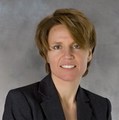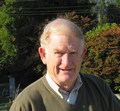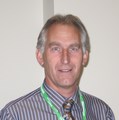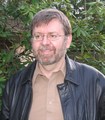DIALOGUE IN NANAIMO: “We convened at Vancouver Island University to identify solutions and inspire action so that Vancouver Island would become a flagship model of fresh water sustainability,” stated Kathy Bishop of Leadership BC Central Vancouver Island (June 2010)

“The Dialogue in Nanaimo was structured around a water sustainability panel. Rather than talking heads, the panel engaged in a form of ‘improv theatre’ to feed off each other in spontaneously expressing key messages about water. This primed the audience for ‘small group’ dialogues in eight theme areas. The small groups dialogue were followed by a ‘big group’ dialogue. A lot of ideas and information were generated by the small groups,” stated Kathy Bishop.










